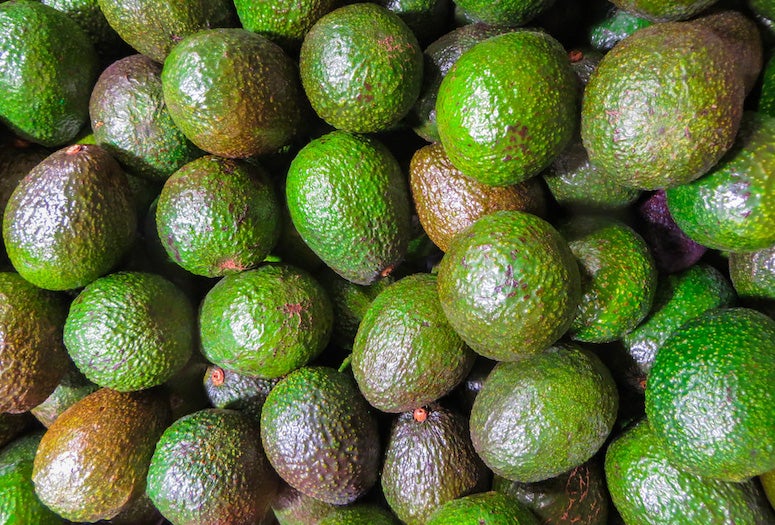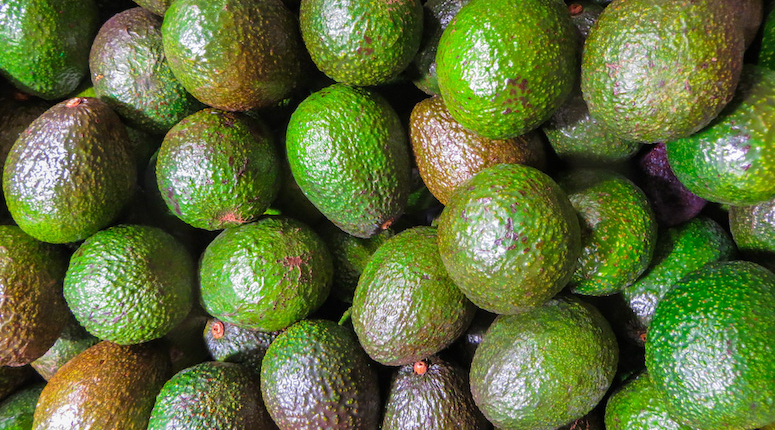Rice University materials scientist Muhammad Rahman has won a National Science Foundation grant to develop a sustainable, low-cost coating to extend the shelf life of fruits and vegetables. Rahman aims to develop an eco-friendly, biodegradable, protein-based nanocomposite coating that can reduce produce spoilage, dehydration, and microbial growth rates. Food loss and waste contribute to greenhouse gas emissions, and reducing food waste is critical to achieving sustainability and mitigating the impacts of climate change. Rahman’s project offers a sustainable solution that could reduce food waste and its environmental impact. Rice University is a top-ranked university located in Houston, Texas, consistently ranked among the nation’s top 20 universities by U.S. News & World Report. The university has highly respected schools of Architecture, Business, Continuing Studies, Engineering, Humanities, Music, Natural Sciences, and Social Sciences. It is home to the Baker Institute for Public Policy, has a diverse student population, and is rated as a best value among private universities by Kiplinger’s Personal Finance.
Protein-Based Coating to Extend Shelf Life of Fruits and Vegetables

Muhammad Rahman, an assistant research professor in materials science and nanoengineering at Rice University, has received a grant from the National Science Foundation to develop an eco-friendly, biodegradable, protein-based nanocomposite coating that can be applied to the surface of variously shaped fruits and vegetables. The coating aims to extend the shelf life of produce by reducing spoilage, dehydration, and microbial growth rates.
The coating is expected to be a game-changer, as current food-coating practices rely on waxes. The egg-based coating that Rahman will develop is sustainable and low-cost and could help to improve access to fresh produce in food deserts.
Fruits and vegetables have the highest spoilage rates of all foods, and more than half of all produce ends up in the trash. The project addresses both food preservation and waste management challenges.
This grant will enable Rahman to move the project from lab- to pilot-scale. He believes that Rice is an excellent place to build bridges between lab work and real-world applications.
The coating developed at Rice University is made primarily with protein from eggs that would otherwise be wasted. It has the potential to reduce produce spoilage, which could have a significant impact on food waste reduction and improving access to fresh produce.
This protein-based coating has the potential to become a sustainable and affordable solution to extend the shelf life of fruits and vegetables, which could benefit both the consumers and the environment.
Food Waste in the US and its Environmental Impact
Up to one-third of the food produced globally is wasted each year, and the U.S. food supply wastes an estimated 30%-40% annually. According to the U.S. Department of Agriculture, nearly 220 pounds of food waste per person are produced each year in the U.S., worth a total of $161 billion.
Food loss and waste not only result in economic losses but also contribute to greenhouse gas emissions. The Environmental Protection Agency reported that carbon dioxide emissions resulting from food loss and waste in the U.S. are equivalent to roughly 18% of the annual emissions from America’s coal-fired power plants.
To tackle this issue, Muhammad Rahman, an assistant research professor in materials science and nanoengineering at Rice University, received a grant from the National Science Foundation to develop an eco-friendly, biodegradable, protein-based nanocomposite coating that can extend the shelf life of fruits and vegetables. Rahman’s project builds on his earlier research, which showed that the egg-based coating could double the shelf life of avocados, bananas, and other fruit. The coating, made from surplus eggs, won Rahman and collaborator Pulickel Ajayan the Sustainable Technologies/Future Energy category in the 2021 Tech Briefs Create the Future competition.
“The broader hope for this project is to improve the food industry carbon footprint and sustainability,” Rahman said. “I strive to align my research with the challenges of this critical, historic moment that confronts us with the urgent need to address anthropogenic climate change and find real-world solutions for a more sustainable future.”
Reducing food waste is critical to achieving sustainability and mitigating the impacts of climate change. Rahman’s project offers a sustainable solution that could reduce produce spoilage and extend the shelf life of fruits and vegetables, which could help to reduce food waste and its environmental impact.
Rice University: A Top-Ranked University in Houston
Rice University is a prestigious private research university located in Houston, Texas. It covers 300 acres of forested campus and is consistently ranked among the nation’s top 20 universities by U.S. News & World Report.
Rice University has highly respected schools of Architecture, Business, Continuing Studies, Engineering, Humanities, Music, Natural Sciences, and Social Sciences. It is home to the Baker Institute for Public Policy. The university has a diverse student population of 4,552 undergraduates and 3,998 graduate students. Rice’s undergraduate student-to-faculty ratio is just under 6-to-1. Its residential college system builds close-knit communities and lifelong friendships.
Rice University is also rated as a best value among private universities by Kiplinger’s Personal Finance. It is ranked No. 1 for lots of race/class interaction and No. 1 for quality of life by the Princeton Review.
Don’t miss interesting posts on Famousbio

